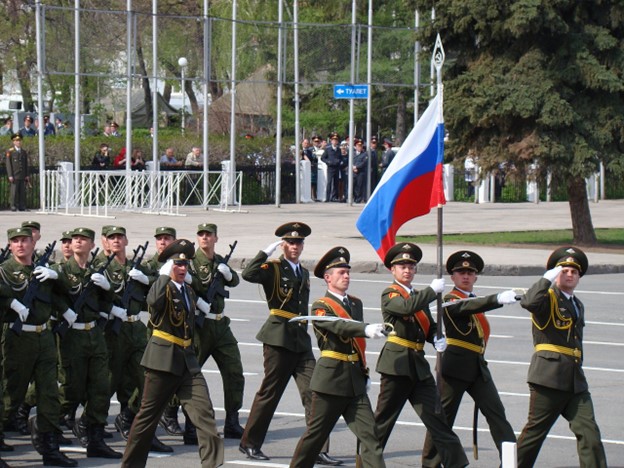President Putin is using more than one pathway to enter Europe and undermine the West. While most of the world watches the conflict he initiated in Ukraine, the Russian government is actively pursuing a second front in a little noticed campaign in Cyprus. Although the corrupt Cypriot government ended its issuance of “golden passports” in 2020, Russian intelligence is functioning quietly there to transform this EU country into a Russian beachhead of illicit economic activity aimed at penetrating the capitalist West, according to Paul Goble of the Jamestown Foundation.
Cyprus is not a member of the North Atlantic Treaty Organization (NATO) nor does it receive as much attention as those countries who are member states. That adds to its allure as a prime location for Russia to attempt to gain a European foothold. Last week a NATO report, cited in the European Daily Monitor, noted that Russian intelligence agents have been plotting to destroy European infrastructure across the continent to disrupt states supporting Ukraine. It further suggests that Putin’s immediate goal is to lay the framework for a future move against the security organization’s members. Hungary, in particular, is another country garnering Moscow’s attention as it opposes the Western response to Russian aggression.
Russia is focusing its intelligence efforts on other European, non-NATO member countries in addition to Cyprus, including Austria, Malta, and Ireland. The NATO report suggests that Moscow has had success in disseminating the Russian political narrative in these states to advance its campaign against the West. The island of Cyprus is proving to be a good target for Moscow as it is an ethnically divided island that is part of the EU since 2004. Northern Cyprus, officially called the Turkish Republic of Northern Cyprus (TRNC), is a de facto state that is only recognized by Turkey. The division precludes it from joining NATO. As Goble suggests, “it offers Russia troubled waters in which to fish.” Over the last 20 years, he points out, Cyprus’ challenges have opened it to a massive influx of Russian citizens, who now comprise approximately 10 percent of the island state’s population. Over 2,900 residents are Russians who entered until the “golden passport” program that allowed wealthy or well-connected Russians to move to Cyprus. It also provided them with documentation to travel freely throughout Europe!
Although less visible on the world’s radar than the war in Ukraine, Moscow is also being helped by Cyprus’ banks opposition to seizing Russian assets and its support in evading Western sanctions. Russia has placed tens of billions of US Dollars there for money laundering. It has been more than two years since a single Russian “diplomat” has been deported and, in fact, the Embassy has grown to over 300 staffers on this tiny island state of only 1.2 million people. The Russian embassy in Nicosia has advanced communications antennae on its roof and opened a consulate on the northern end of the island. Moscow’s Ambassador, Mura Zyazikov, is a lieutenant general in the FSB with no diplomatic experience. The FSB, SVR (Russia’s Foreign Intelligence Service), and GRU are actively using the island as a base of operations against NATO Member states, Israel, and other Western allies.
Moscow backs pro-Russian political parties who in turn influence Cypriot decisions on education, language, and other issues. “Dmitry Khmelnitsky of the Dossier Center says that its findings should be of concern not only to Cyprus but to the West as a whole. Those who ignore what Moscow is doing because Cyprus does not follow the EU sanctions regime are missing something critical,” says Goble. “Cyprus does not seek to get rid of Russian agents and does not interfere with their work,” Khmelnitsky concludes, “despite the fact that what the Kremlin is doing is so clearly visible.” This has an impact not only on the small island but on the EU, NATO, and the West in general.
Earlier this year the Moscow Times reported that when the FBI became more interested in Russian business and oligarchs in Cyprus, at least 10 of the major Russian businesses operating there left. Despite the government of Cyprus’ vow to implement plans for new sanctions against Russia, it continues to ignore Putin’s atrocities in Ukraine and to shield the wealth of the 50,000 wealthy Russian citizens and oligarchs residing there.
Daria Novak served in the U.S. State Dept.
Illustration: Pixabay
